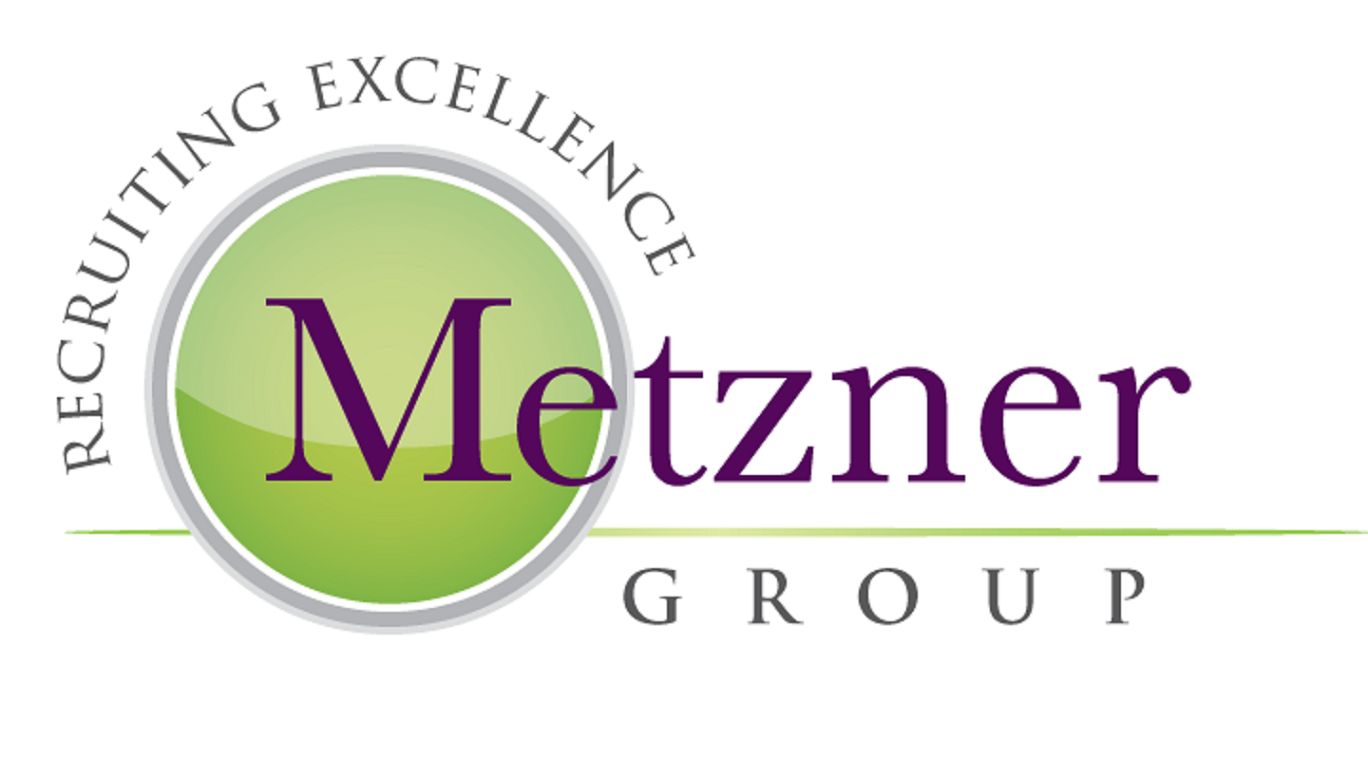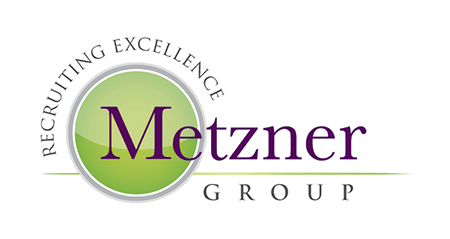Flashback: Where Have All The Civil Engineering Firms Gone?
According to press announcements, there have been at least 30 merger/acquisitions within the past MONTH in the U.S. civil engineering and architectural consulting firm community. The blog below is just as relevant today as when it first ran on Civil Engineering Central in 2008. Refresh yourself with the write up and let us know what you think of the continued consolidation in our industry!
Acquisitions in the civil engineering community exploded in 2007 with steady activity up to now. A client jokingly told me, “Eventually we will all work for about five firms. That is all that will be left!”
While I think my client’s comment is a slight exaggeration, the pace of these M&As does not seem to be slowing. What has happened to the traditional firms of the past?
Certainly, these consolidations allow firms a great way to increase staff and presence in particular locations or technical arenas. But, if you joined a firm because of a specific company culture, what do you do now?
Are these large national and international firms of combined technical talents good for our industry? What do you think?
The Metzner Group Blog




